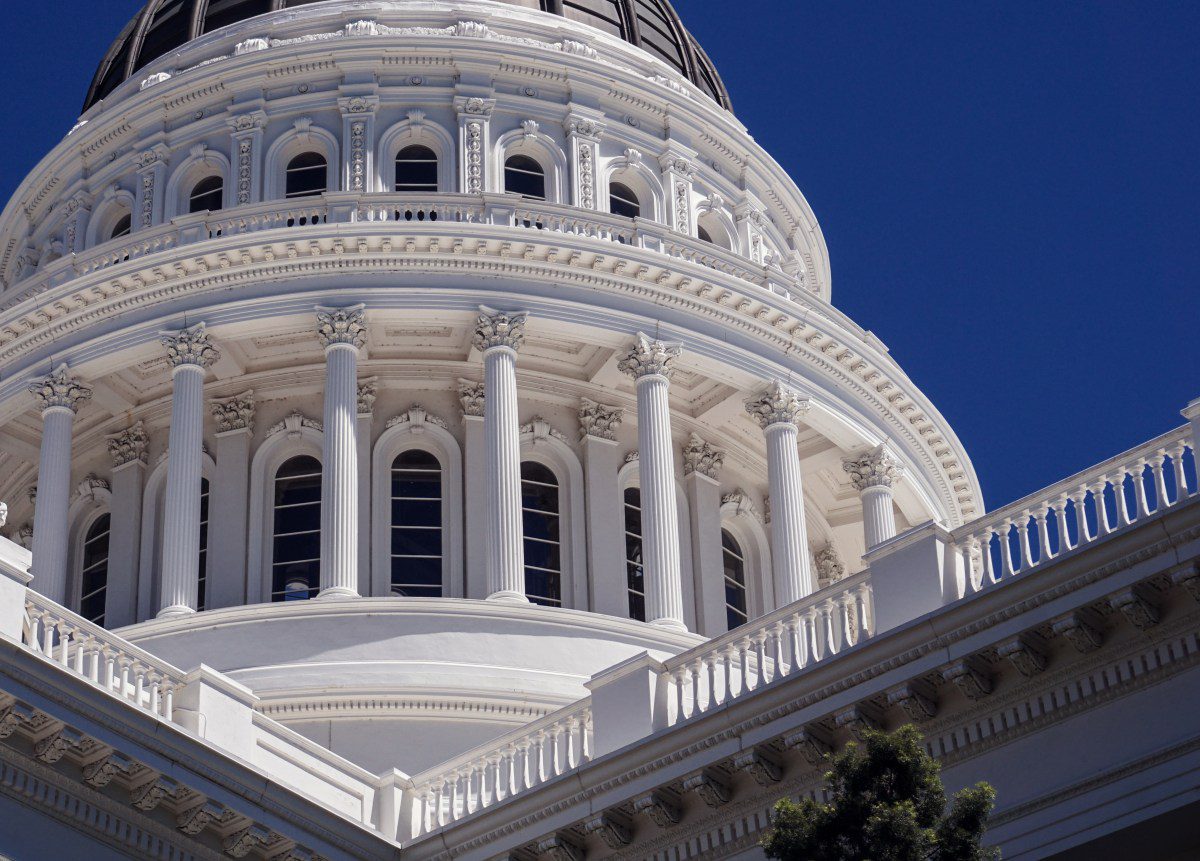
apple returns to court in fortnite dispute Apple has intensified its legal battle with Epic Games, returning to court to assert its position regarding the App Store’s operational framework and its allegations against Epic’s conduct.
apple returns to court in fortnite dispute
Background of the Dispute
The ongoing legal confrontation between Apple and Epic Games began in August 2020 when Epic introduced a direct payment option in its popular game, Fortnite. This move was a direct challenge to Apple’s App Store policies, which require developers to use Apple’s in-app purchasing system, allowing the company to take a 30% commission on sales. Epic’s actions led to Apple removing Fortnite from the App Store, prompting Epic to file a lawsuit against Apple, accusing it of monopolistic practices.
The legal proceedings have since unfolded in various courts, with both companies presenting their arguments regarding the legitimacy of the App Store model and its implications for developers and consumers alike. The case has drawn significant attention not only from the tech industry but also from regulatory bodies and lawmakers concerned about the broader implications of app store monopolies.
Apple’s Position
In its latest court appearance, Apple reiterated its stance that Epic Games is attempting to exploit the App Store ecosystem without contributing to its maintenance and development. Apple argues that the App Store provides a safe and secure environment for users and developers, which is essential for fostering innovation and protecting consumer interests.
Allegations Against Epic Games
Apple’s legal team has accused Epic of attempting to undermine the App Store’s business model. They argue that Epic’s actions are not merely about seeking lower fees but rather about dismantling a system that has been beneficial for millions of developers and users. Apple contends that the revenue generated from the App Store is reinvested into improving the platform, enhancing security measures, and providing support for developers.
During the court proceedings, Apple’s representatives emphasized that the App Store has created a thriving marketplace for developers, allowing them to reach a global audience. They pointed out that many developers have successfully built their businesses on the platform, benefiting from the infrastructure and services that Apple provides.
Legal Arguments and Evidence
Apple’s legal strategy hinges on demonstrating that its App Store policies are not only legal but also necessary for maintaining a competitive and secure marketplace. The company presented data showing that the App Store has contributed significantly to the growth of the app economy, generating billions in revenue for developers and creating jobs across various sectors.
Furthermore, Apple has argued that its commission structure is standard across the industry and that many other platforms operate under similar models. The company aims to illustrate that the App Store’s rules are not arbitrary but are instead designed to ensure a level playing field for all developers while safeguarding user data and privacy.
Epic Games’ Counterarguments
In response to Apple’s assertions, Epic Games has maintained that the App Store’s policies are anticompetitive and stifle innovation. Epic argues that the 30% commission is excessive and that Apple has created a monopoly over app distribution on iOS devices. The company contends that developers should have the freedom to choose their payment processing methods, which would foster competition and potentially lower costs for consumers.
Public Sentiment and Industry Reactions
The legal battle has sparked widespread debate within the tech community and among consumers. Many developers have voiced their support for Epic, arguing that Apple’s policies disproportionately favor the company at the expense of smaller developers. Some industry analysts have suggested that a ruling in favor of Epic could lead to significant changes in how app stores operate, potentially benefiting developers and consumers alike.
Conversely, others argue that a ruling against Apple could undermine the security and integrity of app marketplaces. They contend that the App Store’s stringent guidelines are necessary to protect users from malicious software and ensure a consistent experience across applications.
Regulatory Implications
The outcome of this legal dispute could have far-reaching implications beyond the two companies involved. Regulatory bodies in various countries are closely monitoring the case, as it touches on broader issues of antitrust and market competition in the tech industry. Lawmakers have expressed concerns about the power that major tech companies wield over app distribution and the potential for abuse of that power.
In recent months, there have been increasing calls for regulatory reforms aimed at promoting competition in digital marketplaces. Some lawmakers have proposed legislation that would require platforms like Apple’s App Store to allow alternative payment methods and reduce commission rates. The outcome of the Apple vs. Epic case could serve as a precedent for future regulatory actions and shape the landscape of app distribution moving forward.
Future Considerations
As the legal proceedings continue, both Apple and Epic Games are preparing for a protracted battle that could extend for months or even years. The stakes are high, not only for the two companies but also for the broader tech ecosystem. A ruling in favor of Epic could embolden other developers to challenge similar policies, potentially leading to a shift in how app stores operate.
On the other hand, a victory for Apple could reinforce the current model and discourage further challenges from developers. The implications of this case extend beyond financial considerations; they touch on issues of consumer choice, security, and the future of digital marketplaces.
Potential Outcomes
Several potential outcomes could arise from the ongoing legal battle:
- Settlement: Both parties may reach a settlement that modifies the App Store’s policies without a court ruling.
- Ruling in Favor of Epic: This could lead to significant changes in the App Store’s commission structure and policies, allowing developers more freedom in payment processing.
- Ruling in Favor of Apple: This would uphold the current App Store model, potentially discouraging other developers from challenging similar policies.
Conclusion
The legal confrontation between Apple and Epic Games is emblematic of the larger struggles within the tech industry regarding competition, regulation, and the future of digital marketplaces. As both companies prepare for the next stages of their legal battle, the implications of their dispute will resonate throughout the industry, influencing the dynamics of app distribution and developer relations for years to come.
Source: Original report
Was this helpful?
Last Modified: October 22, 2025 at 10:37 am
0 views















